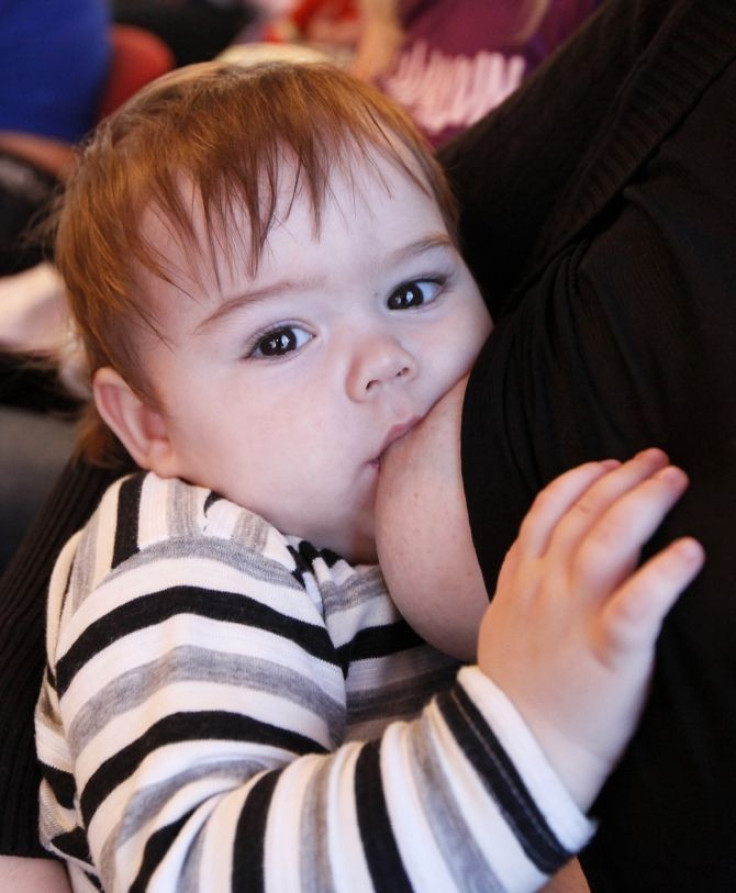Breast-Fed Babies Have Healthier Guts and Stronger Immunity, Study

Breastfeeding may help a baby’s gut develop a wider range of healthy bacteria, which is critical for intestinal tract and in immune system development, according to a new study.
The findings, published in the journal Genome Biology, show that the bacteria in babies’ guts were linked to changes in expression of genes involved in their immune systems.
"The early neonatal period is a critical phase for both intestinal digestive development as well as colonization" by the gut microbes, the study authors wrote.
Researchers stressed that there was an association, not a cause-and-effect link, between breastfeeding and a healthier gut, and additional research is still needed to confirm the latest findings.
Researchers compared genetic material in stool samples from 12 three-month old infants, six of them were breast-fed and the other six were formula-fed, and used the genetic material to determine the types of bacteria in the infants’ guts.
The findings show that the breast-fed babies had a wider range of healthy gut bacteria in their intestinal tract compared to formula-fed infants, and guts of infants who were exclusively breast-fed showed more traces of bacteria associated with "virulence," like genes for resistance to antibiotics and toxic compounds, increased activity in immunity genes which defends the gut tissue against foreign agents, according to lead author Robert Chapkin, a professor of Nutrition, Biochemistry and Biophysicsat the Texas A&M University.
"Our findings suggest that human milk promotes the beneficial crosstalk between the immune system and microbe population in the gut, and maintains intestinal stability," Chapkin said in a statement.



























